Wisconsin Just Passed New Tax Credits for Film and TV with Bipartisan Support — Read That Again
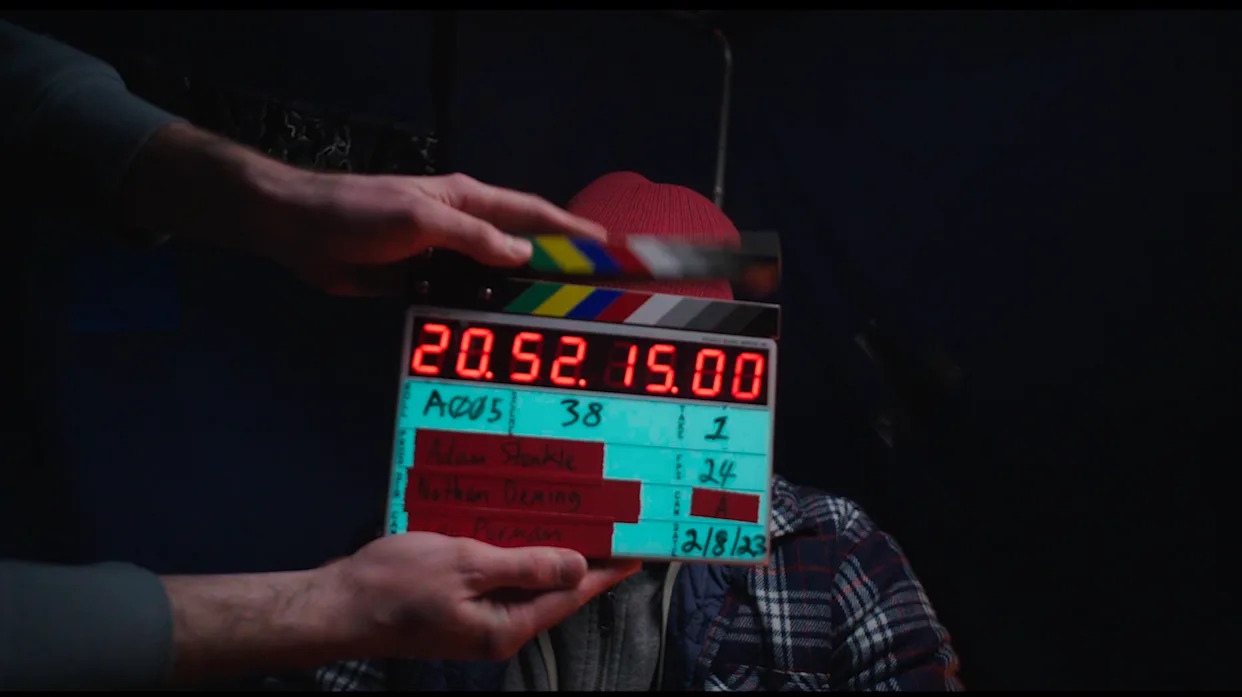
While Trump has flirted with imposing a 100 percent tariff on movies made outside the United States, Wisconsin is welcoming the industry with hope and energy. A new bipartisan budget from the Badger State — which tipped red in the last presidential race — will ramp up Wisconsin’s film and TV game.
Last week, local legislators made plans to re-establish the state’s film office, which went dark in 2005. They also approved $5 million in annual tax credits, with a $1 million cap per project, for productions made in Wisconsin. Democrats started winning again during state elections this spring, but securing new arts funding from the government in 2025 is a political miracle almost anywhere in the country.
More from IndieWire
'We Are Guardians' Review: Leonardo DiCaprio Executive Produced This Simple but Galvanizing Documentary About the Destruction of the Amazon
Submissions Now Open for 2026 Emerging Filmmakers Showcase at Cannes American Pavilion
AdvertisementAdvertisement#«R25e4kr8lb2m7nfddbH1» iframe AdvertisementAdvertisement#«R45e4kr8lb2m7nfddbH1» iframe“A lot of these states are getting these credit programs,” said Nathan Deming, a filmmaker and volunteer for the film coalition, Action! Wisconsin. He advocated in front of the state’s Ways and Means committee earlier this year for a bill that didn’t pass, but paved the way for the budget agreement now.
“Some people call it a race to the bottom, and I get that. But I’m from here and I’m telling you we have a chance to make something really cool.”
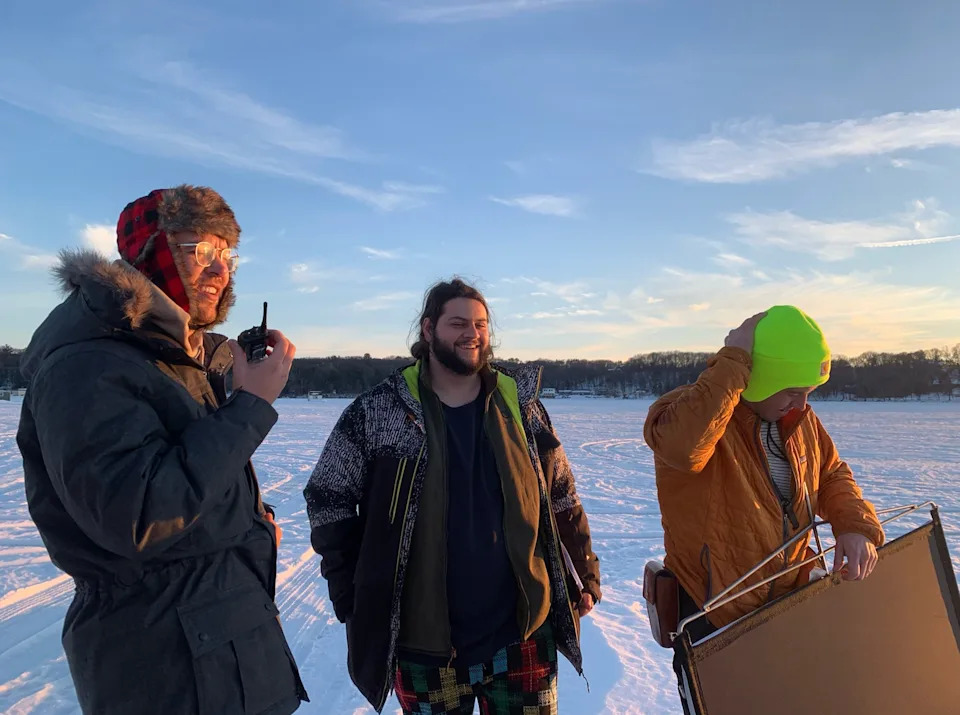 On set for Nathan Deming’s “February” — Deming seen on the left
On set for Nathan Deming’s “February” — Deming seen on the left$5 million isn’t a lot compared to other state programs courting Hollywood business. California increased its tax credits up to $750 million in June, and Georgia abandoned proposed legislation to impose even a $1 billion limit. Set to open its doors in 2026, the future Wisconsin Film Office has a business side to its pitch –but Deming describes more of a seed fund for a fledgling indie film scene.
“I think it’s more than just bending over backwards to be like, ‘Please, please, please shoot a Marvel movie here!’ — or whatever,” he said. “That’d be great. Do that. But as the chaos continues to churn, it’s also really interesting to respond at local levels and to show people what’s possible in the communities they already know.”
 A scene from “Hundreds of Beavers”
A scene from “Hundreds of Beavers”Deming moved back to Wisconsin from Los Angeles because of the economy. He’s making several movies there now, while continuing to rally support for the heart of Cheesehead Cinema. He’s also mulling over how artists can shape a region’s politics and values.
AdvertisementAdvertisement#«R2de4kr8lb2m7nfddbH1» iframe AdvertisementAdvertisement#«R4de4kr8lb2m7nfddbH1» iframeThe director cites Mike Cheslik’s “Hundreds of Beavers” as a target for success. Shot in Wisconsin and Michigan for $150,000, the slapstick comedy earned $1 million during its theatrical run. As Deming sees it, “Movies are bands now.” Make a killer flick in your garage, get “big” enough in your backyard, then go national.
“There are a lot of talented filmmakers who come out of here, and audiences that have never seen the place they live represented on screen,” said Deming. “That was the big pitch: What happens when Wisconsin filmmakers get to tell their own stories? We don’t know. It hasn’t really happened yet, but it could be exciting when it does.”
Few places in the U.S. have self-esteem like Wisconsin. (Suffice to say, not every American would so lovingly embrace the moniker of “Bratwurst Belt.”) But that deep pride brought Republicans and Democrats together for the Action! Wisconsin campaign. Witnessing that cooperation was “unreal” for Deming, and the suspense leading up to the final decision was “thrilling” on both sides of the aisle.
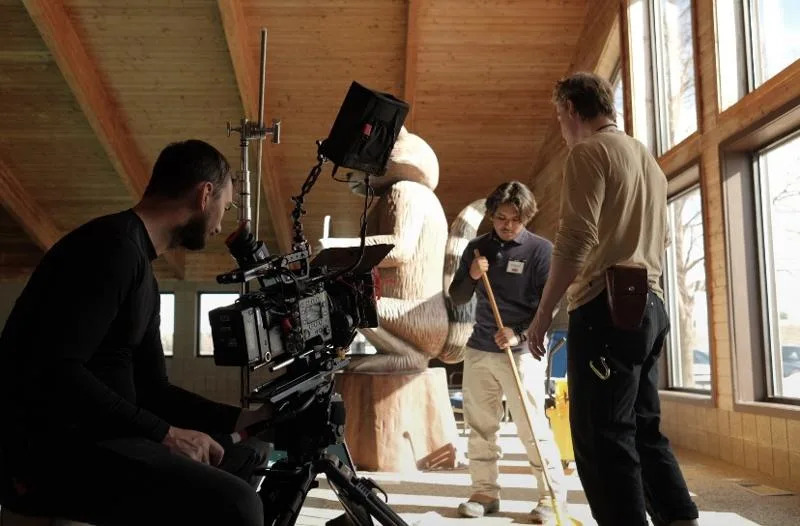 On set for Nathan Deming’s “February”
On set for Nathan Deming’s “February”“Wisconsin is a purple state for sure,” he said. “We have deep red areas, deep blue areas. But on the lawmaker side, this was a true bipartisan effort.”
AdvertisementAdvertisement#«R2ke4kr8lb2m7nfddbH1» iframe AdvertisementAdvertisement#«R4ke4kr8lb2m7nfddbH1» iframeSen. Julian Bradley from Milwaukee is a former wrestler. Rep. David Armstrong from Rice Lake has an acting part in 1975’s “The Giant Spider Invasion.” Deming praised the two Republicans for actively supporting film while other arts budgets are getting slashed left and right.
“There were a couple paths to making this a reality. There was a bill. Then, it was in the state budget. Then, it got removed from the state budget — and it was dead,” Deming said. “It’s corny, it was like a movie. Out of nowhere, it was resurrected. We were all just blown away. And now, the real work can begin because we have the passion and the people right here.”
Data from the National Conference of State Legislatures reflects a widespread effort to court film and TV productions. “Support for these programs has spiked in the wake of the COVID recession, which sent the film industry reeling as theaters closed and productions were postponed,” the NCSL website notes, adding that since 2021, “at least 18 states have enacted measures to implement or expand film tax incentives.”
Wisconsin makes 19, but pushing ahead in this exact moment suggests a stronger motivation than competing with California. Deming describes his home state as largely underrepresented in film. From “Bridesmaids” to “That ’70s Show,” plenty of stories about Wisconsin are actually shot in LA —even “Dahmer.”
AdvertisementAdvertisement#«R2pe4kr8lb2m7nfddbH1» iframe AdvertisementAdvertisement#«R4pe4kr8lb2m7nfddbH1» iframe“I have been to that set and I promise you: That is Altadena, not Milwaukee,” Deming said.
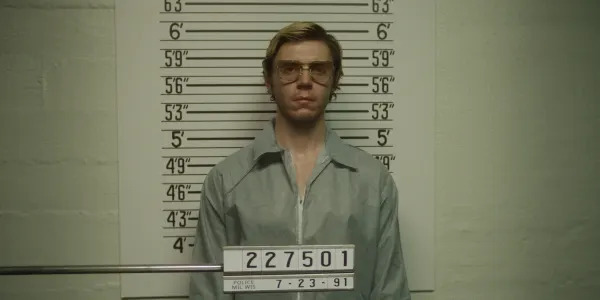 A scene from Netflix’s “Dahmer”
A scene from Netflix’s “Dahmer”Audiences crave variety and they know a good location when they see one. Filmmaker Sierra Falconer had her commitment to shooting in Michigan rewarded earlier this year when her semi-autobiographical debut “Sunfish” became a buzzy hit at Sundance; IndieWire’s David Ehrlich gave it a B. That’s the kind of path Deming wants for filmmakers coming from Wisconsin’s emerging art scene.
“I haven’t seen it yet, but reading reviews, you could just tell people were taken away by the setting,” said Deming. “I’m sure it’s a great movie too, but part of me was like, ‘Yeah, that’s the Midwest, guys. You have ignored the Midwest and it is so beautiful.'”
Aspiring to be something like the Mike Leigh of Wisconsin, Deming is currently making a movie for every month of the year — all set in the state where he grew up. “Home” is a resource the director values highly. Like so many artists, Deming wants to hold up a mirror to the world he knows and validate his cultural experience when others see it.
AdvertisementAdvertisement#«R2ve4kr8lb2m7nfddbH1» iframe AdvertisementAdvertisement#«R4ve4kr8lb2m7nfddbH1» iframe“All I do is talk to independent filmmakers who got somebody to invest a million dollars, or half a million dollars, and now, they have no plan for what happens to the movie,” Deming said. “Everybody’s using this playbook from the ’90s where you’re like, ‘I hope it gets a distribution deal!’ But what even is the deal now?”
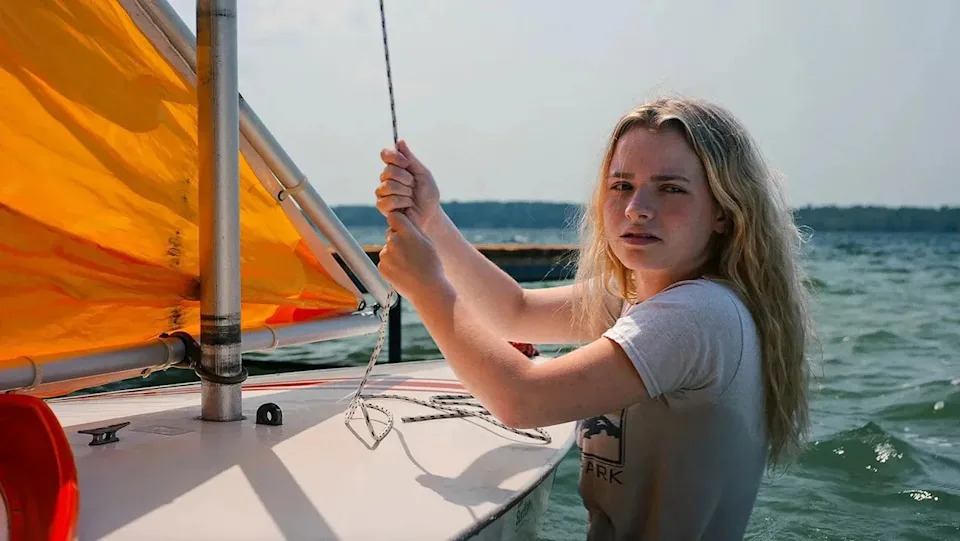 A scene from Sierra Falconer’s “Sunfish”
A scene from Sierra Falconer’s “Sunfish”“Part of me sees real beauty and possibility in these regional ecosystems,” he said. “These films don’t follow a traditional model, and they benefit from unique perspective because of where they were shot.”
Visual diversity could become a “sustainable opportunity,” if the Wisconsin Film Office plays its cards right, said Deming. But what will Trump’s national attack on diversity, equity, and inclusion mean for the state’s moviemakers… if they aren’t white men?
“Those details are still being ironed out,” said Deming, when asked about the criteria for awarding tax credits. “Action! Wisconsin has done an amazing job connecting voices of all kinds, and this state is more diverse than you would think. As a filmmaker, I can only assume and hope those incentives will be awarded the Wisconsin way — with a focus on making sure they’re allocated freely and fairly.”
AdvertisementAdvertisement#«R35e4kr8lb2m7nfddbH1» iframe AdvertisementAdvertisement#«R55e4kr8lb2m7nfddbH1» iframeOne of Deming’s upcoming movies, “February,” centers on a Mexican immigrant. Rattling off majestic Wisconsin locations, from Lake Superior to the Sheboygan Forest, the artist describes infinite ways to see, frame, and reframe his home state. Nowhere in the country offers direct funding to filmmakers yet, but Wisconsin could be the perfect state to try it. Funding stories told by native voices is a personal dream for Deming.
“Our state motto, if you didn’t know, is, ‘Forward,'” Deming said. “Just ‘forward.’ I met so many film students these past few months and I’m realizing one of them will actually get this chance.”
“And if you’re like me —you’re not in Wisconsin now, but you grew up here — why not consider coming back to see what you could contribute?”
Best of IndieWire
The Best Thrillers Streaming on Netflix in July, from 'Vertigo' and 'Rear Window' to 'Emily the Criminal'
The Best Lesbian Movies Ever Made, from 'D.E.B.S.' and 'Carol' to 'Bound' and 'Pariah'
All 12 Wes Anderson Movies, Ranked, from 'Bottle Rocket' to 'The Phoenician Scheme'
Sign up for Indiewire's Newsletter. For the latest news, follow us on Facebook, Twitter, and Instagram.














